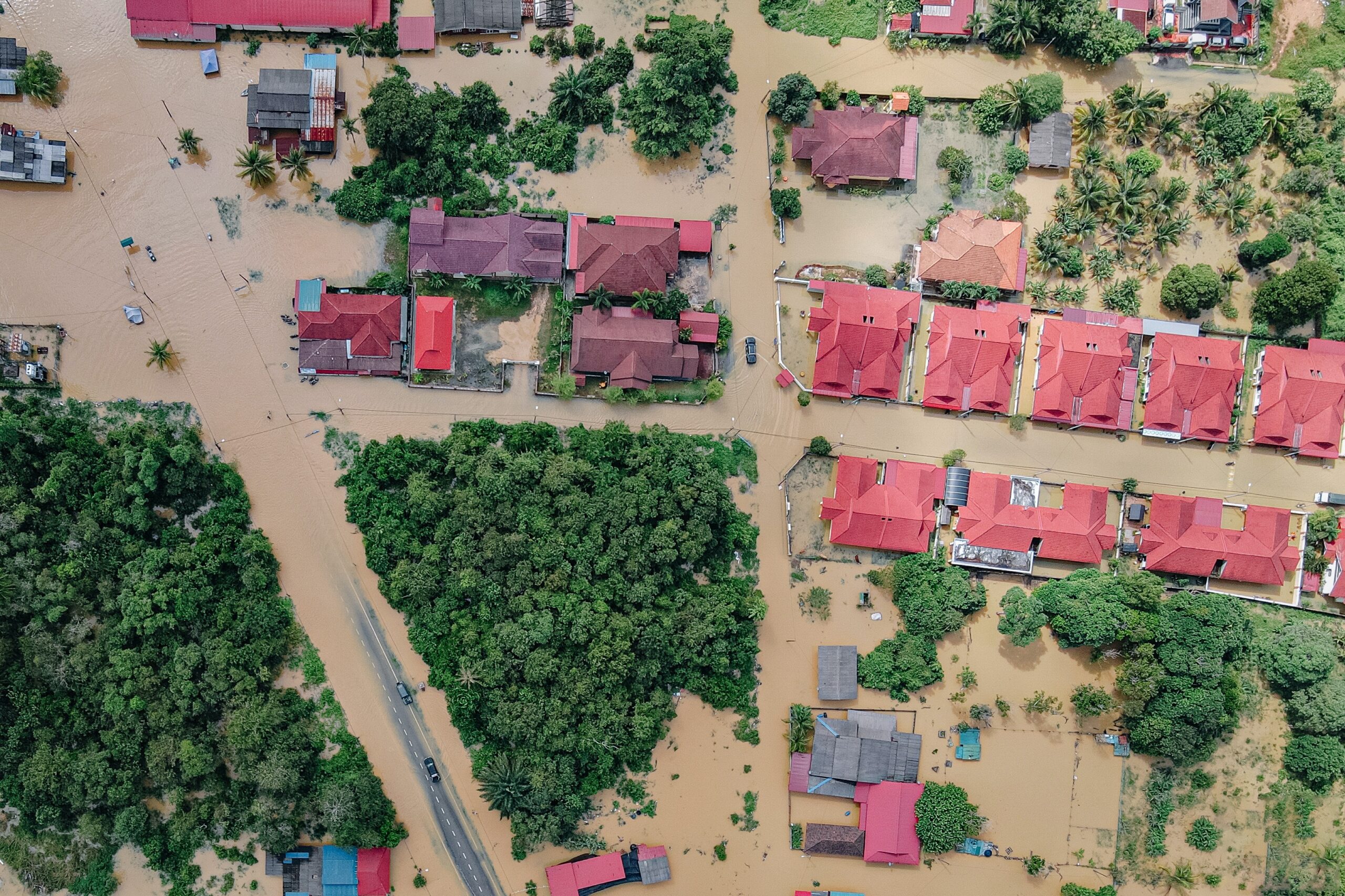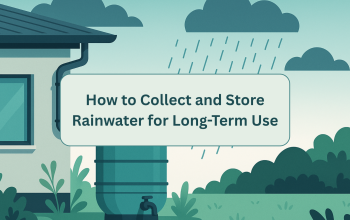In recent years, floods have caused billions of dollars in damage and taken thousands of lives. As the effects of climate change continue to be felt around the world, it is likely that we will see even more devastating floods in the years to come. Which means that the best we can do is prepare for floods in advance, so that we have a fighting chance to not only survive but also help those around us.
Preparing for a flood.
The best way to prepare for a flood is to take measures ahead of time to protect yourself, your family and friends. Make sure that you follow the weather forecast during rain season. Floods do not occur overnight, unless they are caused by glacial bursts or dam breaks. Usually, there is some time between the first rainfall and the actual flood. Use this time to take precautionary measures.
There are two basic questions that you need to know before you start your preparations.
- How to prepare for a flood if you live close to a river or dam?
- How to prepare for a flood if you live at some distance from a river or dam?
Knowing the answer to these questions will help you prepare better. But how can you know if you live “near” a river or dam? What is the definition of near?
Under normal conditions, rivers stay within their banks but never take the river banks as an unbreachable boundary. Why? Because based on historical data, most rivers usually go through heavy floods every 10 years or so. These heavy floods usually spread out about 5km to 15km in either direction.

Why is why the area within the 15km radius of the river bank is a high flood zone. You may live peacefully for 10 years by a river bank without any flood but there will eventually be a flood that will make any river cover almost 10km to 15km on either side.
There are specific terms for this high flood zone in agricultural jargon called Old and New alluvial plains. Because once the flood waters recede, the soil becomes fertile for farming. Anyway, we are not going to get into the technical details. All that you need to remember is that if you live within 15km to 20km of a river, you are in a high risk zone.
The recent flooding in Pakistan can be used as an example here. The video below shows houses built right on the river bank have been swept away in flood waters.
The video below shows a multi story tourist hotel, constructed right on the banks of the river. Over PKR 30 million were spent to lay down firm iron and cement foundations, to prevent exactly this type of scenario. But the force of a raging river should never be taken lightly.
So let`s get straight to the point.
How to prepare for a flood if you live close to a river or dam?
Living close to a river means that whenever the river floods, you will be at high risk. Depends on the proximity to the river, there are a number of precautions you can take.
1- Elevate your home:
If you live in an area that is prone to flooding, it is important to elevate your home. This will protect your property from being damaged by floodwaters but this can only be done at the time of laying down the foundations. Ideally, try not to live directly next to a river. Yes, the view can be great but this is a sure shot way of making sure that your house gets swept away as soon as the river breaches its banks.
2- Strengthen your home:
Another way to prepare for a flood is to strengthen your home. This can be done by making sure that your walls and foundation are able to withstand the force of floodwaters.
3- Have a plan:
In the event of a flood, it is important to have a plan. This should include how you will evacuate your home and where you will go. It is also a good idea to have a list of emergency contacts.
4- Have your bug out bag ready:
A bug out bag is a bag that contains all the essential items that you will need in the event of an emergency. This should include items such as food, water, clothes, and first-aid. Click here to read about the items you need to include in your bugout bag.
5- Store food and water:
It is important to have a supply of food and water that will last you for at least a week. This will help you to survive if you are cut off from the outside world by floodwaters. Click here to read about food items you need to have in your emergency bag.
6- Stay informed:
In the lead up to a flood, it is important to stay informed about the latest weather conditions and forecast. This will help you to make decisions about whether or not to evacuate your home.
7- Evacuate:
Once the authorities sound the alarm or once you are sure that the river will breach its banks, there is no point in waiting. The best thing that you can do at this point is to evacuate to a safe location as soon as possible.
How to prepare for a flood if you live at some distance from a river or dam?
If you live at some distance from a river or dam, there is still a chance that your home could be affected by floods. This is because floodwaters can travel long distances and cause damage to homes and property that are not directly in the path of the flood.
1- Have sandbags ready:
Sandbags are one of the best ways to protect your home from floodwaters. They can be used to create a barrier around your home that will stop water from entering.
2- Store food and water:
As with any emergency, it is important to have a supply of food and water that will last you for at least a week. This will help you to survive if you are cut off from the outside world by floodwaters.
3- Stay informed:
In the lead up to a flood, it is important to stay informed about the latest weather conditions and forecast. This will help you to make decisions about whether or not to evacuate your home.
4- Evacuate:
If the authorities issue a evacuation order, it is important to follow their instructions and leave your home as soon as possible. Floodwaters can rise quickly and cause serious damage to property and homes.
5- Have a plan:
It is important to have a plan for what you will do in the event of a flood. This should include how you will evacuate your home and where you will go. It is also a good idea to have a list of emergency contacts.
The most important prepping advice!
The most important bit of prep that you can do for any disaster is to create a network with your friends, family members and/or neighbors and community members. This way you will have people to rely on in the event that you are cut off from help or resources. You can share resources, you will have more man power. Being in a group will give you and everyone else psychological support. Knowing you are not alone in this can decrease anxiety and help everyone remain calm.
So start building those relationships now!




